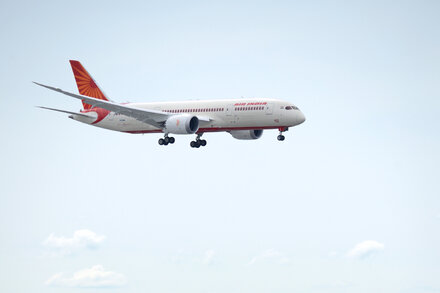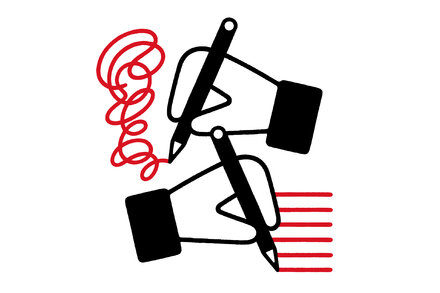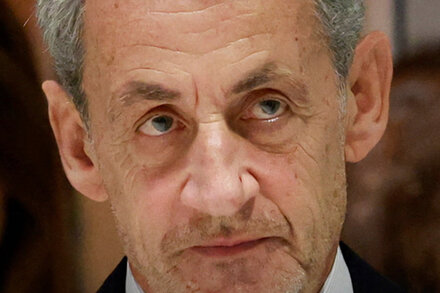Chisinau, Moldova – Moldova continues to navigate a complex geopolitical landscape, firmly stating its intentions to integrate with Europe while simultaneously grappling with persistent influence and pressure from Russia. The nation, which gained European Union candidate status in 2022, is undergoing a profound transformation, yet the shadow of its historical ties and ongoing Russian presence creates a continuous struggle for its future direction.
The government in Chisinau, led by pro-European forces, has committed to an ambitious reform agenda aimed at aligning its legal and institutional framework with EU standards. This includes efforts to strengthen democratic institutions, combat corruption, and foster economic development, all crucial steps on the path to full membership. President Maia Sandu has repeatedly emphasized the strategic importance of European integration for Moldova’s sovereignty and prosperity.
“Our future is in the European Union. This is the only path that guarantees peace, prosperity, and respect for our fundamental values,” President Sandu stated in a recent address. “We are committed to the necessary reforms, no matter how challenging they may be, to build a truly European Moldova for our citizens.”
The Enduring Russian Influence
Despite Moldova’s clear European orientation, Russia’s footprint remains substantial and multifaceted. The frozen conflict in the breakaway region of Transnistria, where Russian troops have been stationed since the early 1990s, serves as a constant reminder of Moscow’s leverage. Energy dependence on Russian gas has historically provided a tool for political influence, though Chisinau has made efforts to diversify its energy sources in recent years.
Beyond these geopolitical levers, Moldova has been a consistent target of disinformation campaigns and cyberattacks, largely attributed to Russian state actors or their proxies. These campaigns often seek to undermine public trust in democratic institutions, sow discord, and discredit the pro-European government, particularly in the lead-up to elections, which are critical in shaping the country’s trajectory.
A European diplomatic source, speaking on condition of anonymity, noted, “Moldova exemplifies the broader geopolitical contest in Eastern Europe. While its commitment to European values is clear, the external pressures, particularly from Russia, remain a significant and ongoing challenge to its stability and democratic development.”
Internal Dynamics and Upcoming Elections
The “tug-of-war” between East and West is not solely external; it is also reflected in Moldova’s domestic political landscape. While a significant portion of the population supports European integration, a vocal minority and several political parties advocate for closer ties with Russia, often leveraging historical ties and economic concerns. These internal divisions are frequently amplified by external narratives, making electoral periods particularly contentious.
As Moldova moves forward, the resolve of its leadership and the resilience of its institutions will be continually tested. The path to Europe is clear for Chisinau, but overcoming the persistent challenges posed by Russian influence and internal political fragmentation remains a defining struggle for the nation’s identity and future.
Source: Read the original article here.





